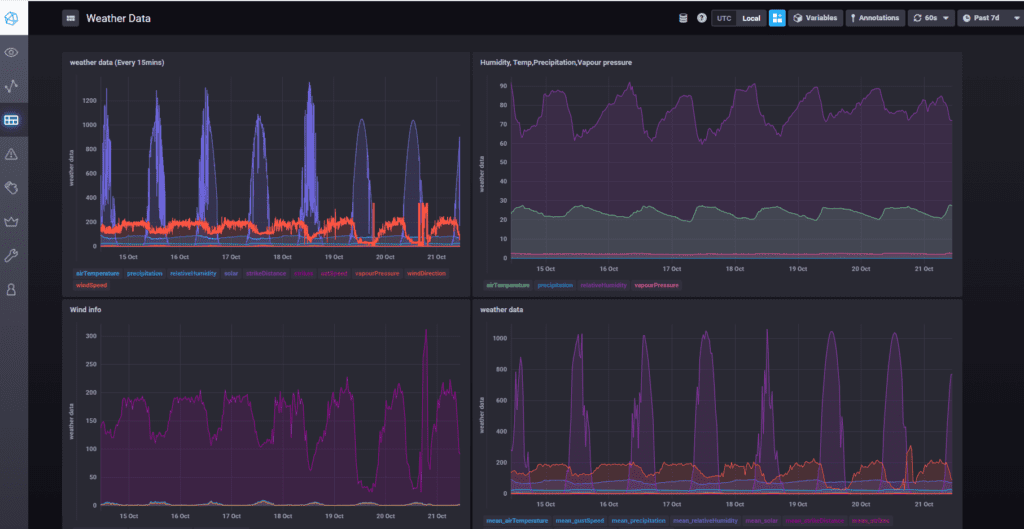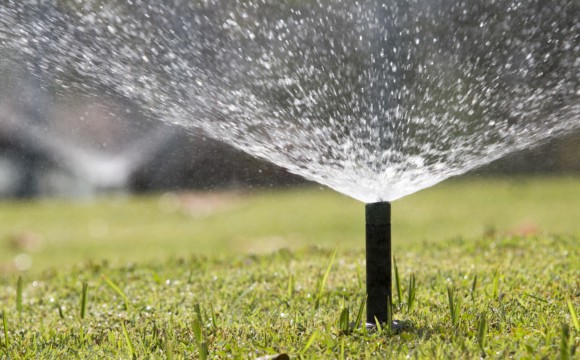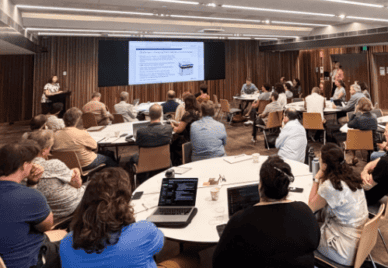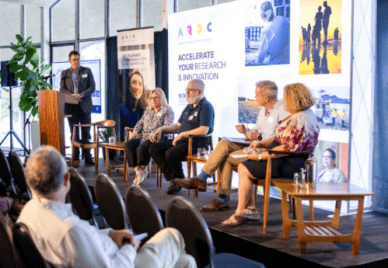
Managing water and irrigation in urban parks can be challenging.
Parklands are exposed to many external factors including rainfall, temperature variations, winds, changes in humidity and public traffic.
Unfortunately, traditional irrigation systems generally operate by pre-set timers and can’t respond to actual weather conditions, soil moisture levels or the needs of plants.
In 2019, researchers from Central Queensland University (CQU) and members of Cairns Regional Council started the Smart Urban Irrigation Project to address this problem. The project had a number of goals: improve and optimise irrigation in two of the city’s parks, reduce water consumption, adapt to the workload of park employees and enhance the aesthetics of these popular urban green spaces.
The solution involved real-time monitoring sensors, cloud computing and the Internet of Things. Core data is collected from the city’s parks, including soil water content, soil properties and plant characteristics. The data is channelled into a computer model the team designed that incorporates these and other variables that impact parkland conditions, including weather conditions and park management practices, according to CQU researchers Associate Professor Nanjappa Ashwath and Dr Biplob Ray.
The ARDC Nectar Research Cloud played a key role in the project.
“We used Nectar to collect nearly two years’ of data from the sensors,” said Biplob, a leader on the project.

“We also used it to develop the AI [artificial intelligence] system and to present the data on a dashboard.”
The dashboard provides visual representation of the data and sends alerts based on real-time events including extremely low or high moisture content. The AI-powered “brain” of the system allows it to make accurate automatic decisions for the whole irrigation system, based on actual parkland conditions.
Along with creating greener parks, saving water and easing the workload of park employees, the reduction in water use means fewer chemicals are being transported into the Great Barrier Reef.
“Nectar Research Cloud has enabled us to store and present this project to end users. It’s allowed us to create a controlled decision system to run a completely automated system of controlled irrigation,” Biplob said.
The project’s success has led to discussions about expanding the use of the new system to other locations that could benefit from more accurate irrigation, including large fields where sporting events are held.
Learn how Australian researchers can use the computational power of the ARDC Nectar Research Cloud.
Categories
Research Topic
Related Case Studies






